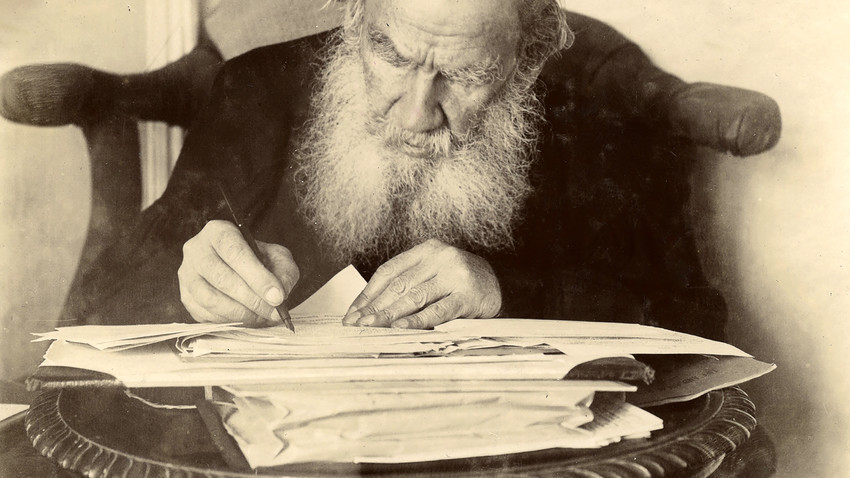
Leo Tolstoy summed it up perfectly and concisely. In his diaries he wrote: "Write 1) in black, without considering the places and correctness of the expression of thoughts; 2) rewrite, excluding everything superfluous and giving the real place to every thought, and 3) rewrite, correcting the incorrectness of the expressions."
But other greats of Russian literature also have much to share. Russia Beyond summarizes their most curious thoughts, which may help you learn how to write. After all, as Anton Chekhov once said, for the one who has experienced the pleasure of creativity, other pleasures just do not exist.
Be brief
As Anton Chekhov once said, “The art of writing is the art of cutting.”
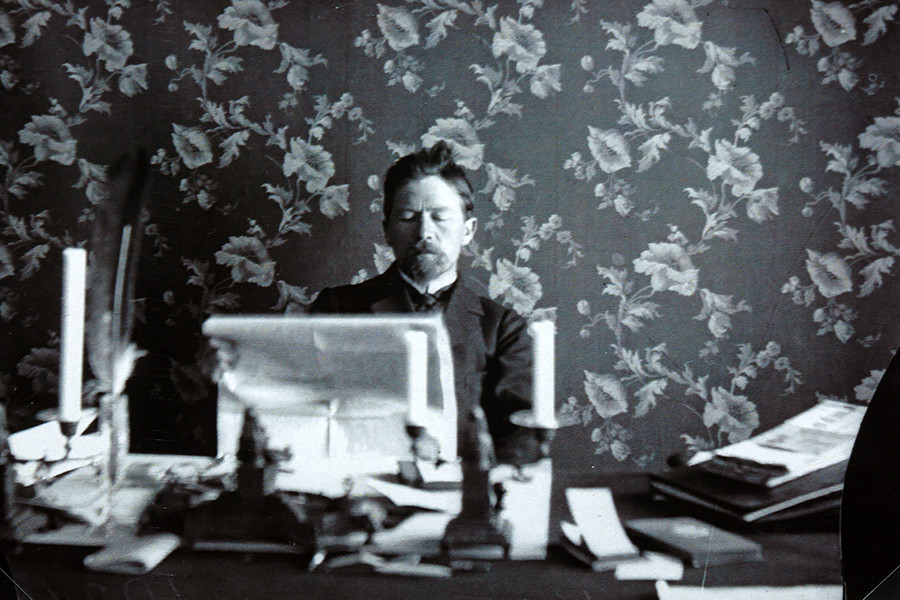
It may be very hard and even painful, but that’s the way to make your story interesting. A writer should cultivate the ability to cross out and, ideally, to learn how to write concisely from the start. Fyodor Dostoevsky underlined how important it is: “... The greatest ability of a writer is to be able to cross out. One who knows how to do that and who can eliminate can go far. All the great writers wrote extremely briefly. And most importantly - do not repeat what has already been said or what is known by everyone.”
Don’t wait for inspiration
It’s a mistake to think that you need to wait for inspiration or a sign. You could spend your whole life waiting. As one of the best-known (and very productive) Russian playwrights Alexander Ostrovsky said: “It is still widely believed that a writer and a poet can work only in moments of inspiration. Is it the reason why writers wait for this inspiration for years and do not get anything? I am convinced only of one thing: inspiration comes during hard work”.
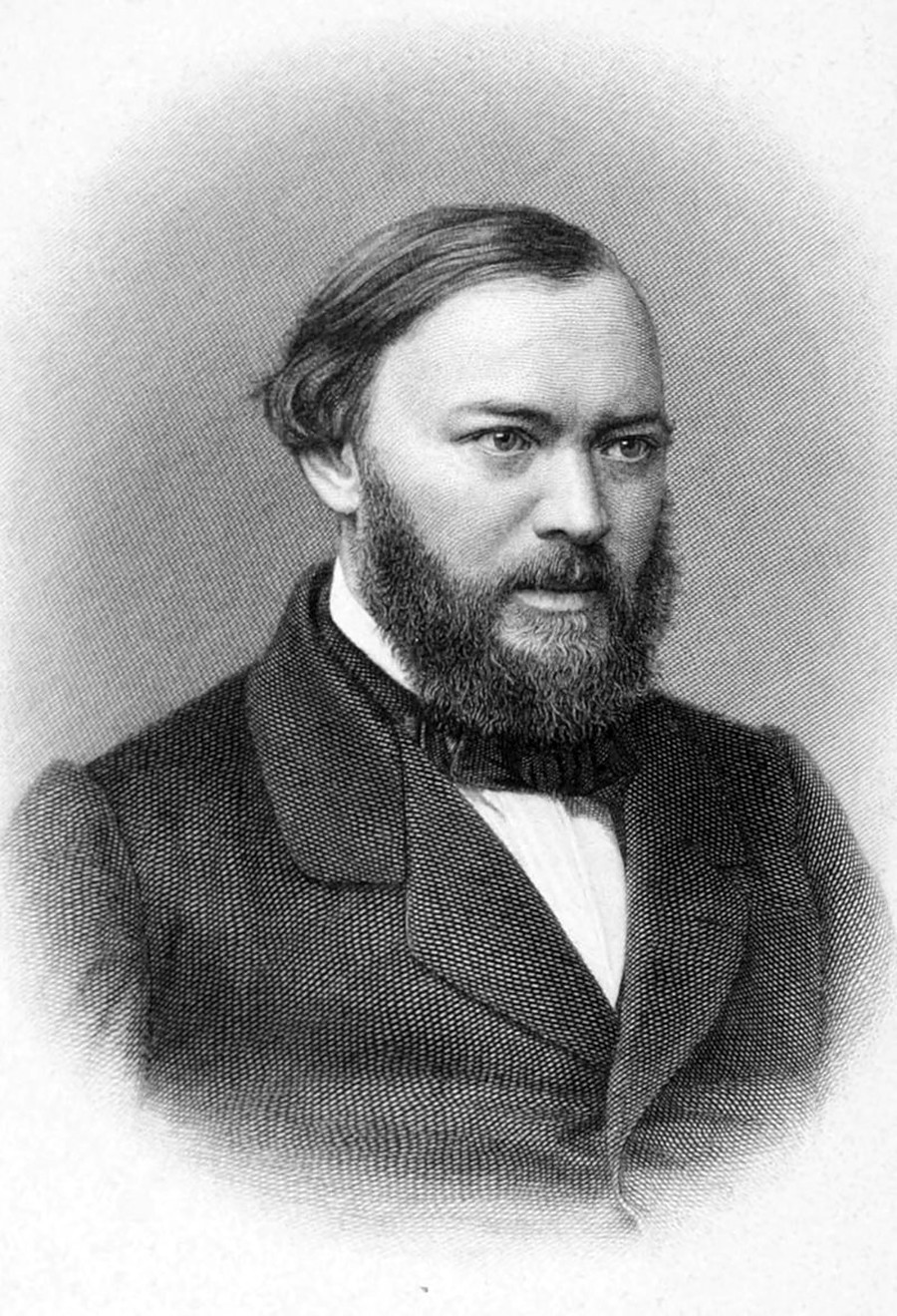
Think of this process (inspiration >creativity >writing) in a different way, for example, if you start working and are persistent, even if you don’t feel particularly inspired, then inspiration and creativity may emerge as a result of your hard work. Dostoevsky, for example, was sure that creativity is a natural trait; intrinsic to every person, and you just need to work hard in order to feel creative.
“Creativity ... is an integral, organic property of human nature ... It is a necessary accessory of the human spirit. It is just as legitimate in a human being like two hands, two legs, or a stomach. It is inseparable from a human being and is part of a human being,” Dostoevsky said.
Be simple and understandable
Only if your readers feel that you write about something close to them, that they understand it and empathize with, will they read your piece till the end. As Leo Tolstoy once said, “The great art objects are only great because they are accessible and understandable to everyone.”
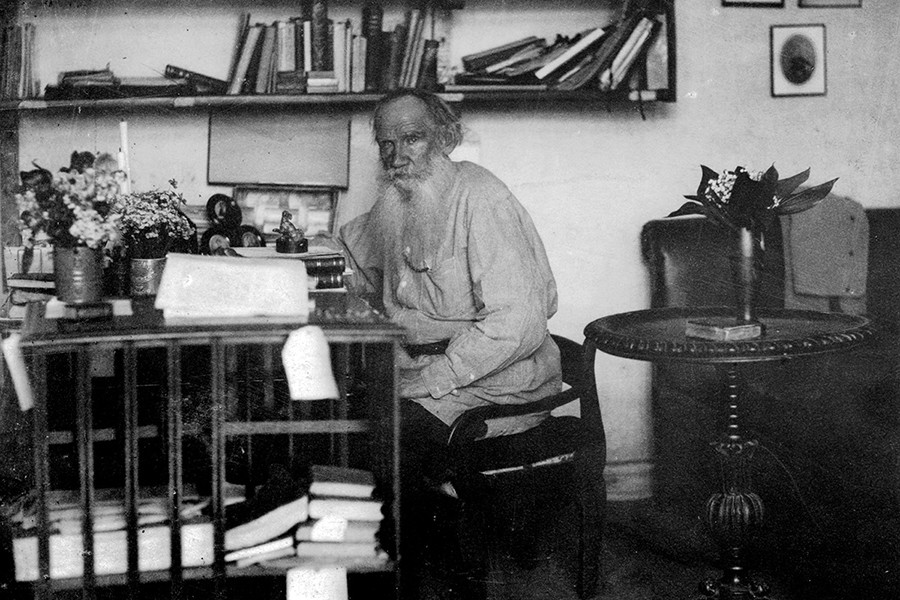
So try to write about something you really know in a simple way and consider if other people will understand your point.
Be original
A lot of young writers begin by imitating their literary idols, but it’s a road to nowhere. You can’t just adopt the style of another writer and become successful. It’s important to develop your own style and working principles.
As the 19th century Russian novelist Ivan Goncharov said: “You just can’t learn to be creative. All creators have their own methods. One can only imitate high-standard style, but this does not lead to anything, it is impossible to penetrate the work of the creative spirit”.
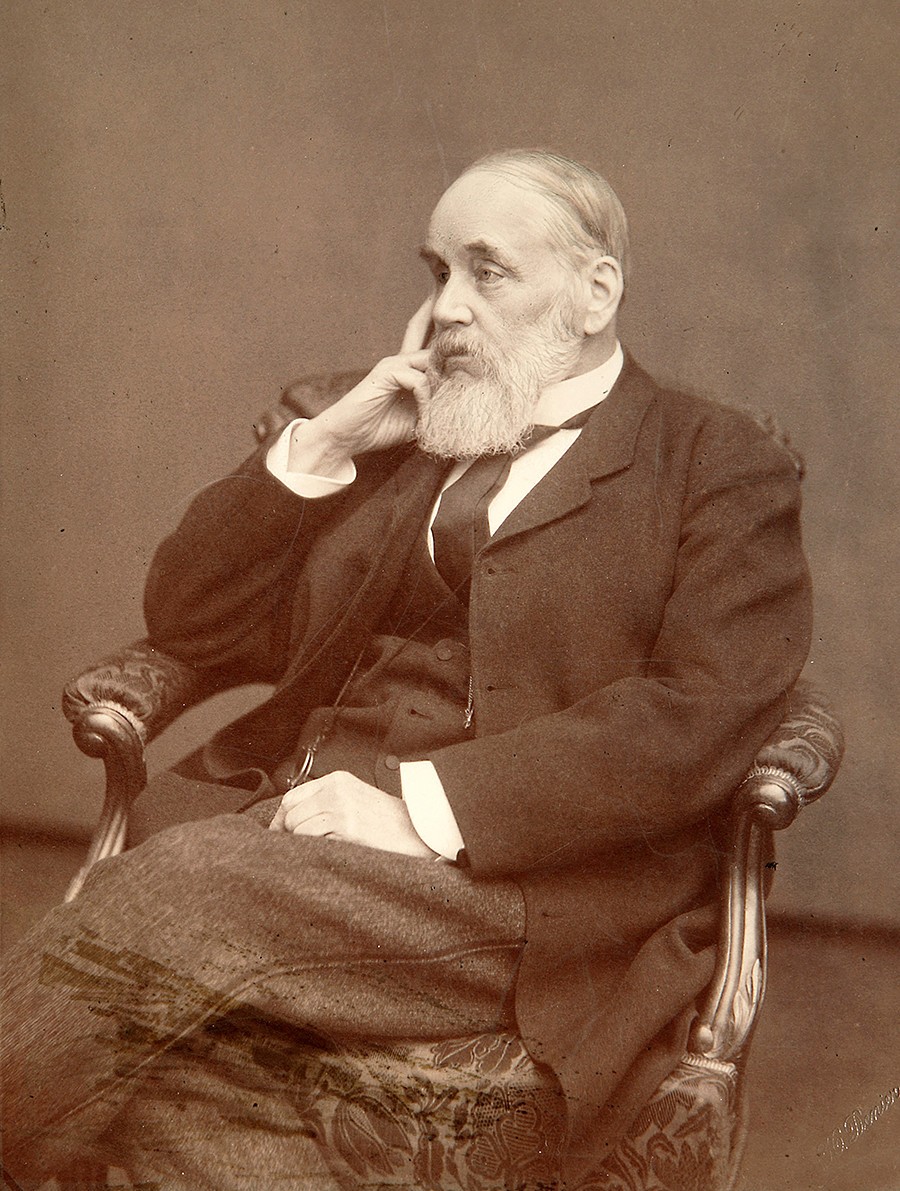
So be creative in your own individual way!
Know the richness of your language
Excellent command of language is a must for a writer, and constant work on style is the lifeblood of your creative world. Language is your only instrument for working with the audience; it makes abundant sense to perfect it.
As Maxim Gorky stressed: “Not knowing how to hold an ax in your hand - you cannot cut a tree, and not knowing language well – language which is beautiful and clear to everyone - you will not manage to write”.
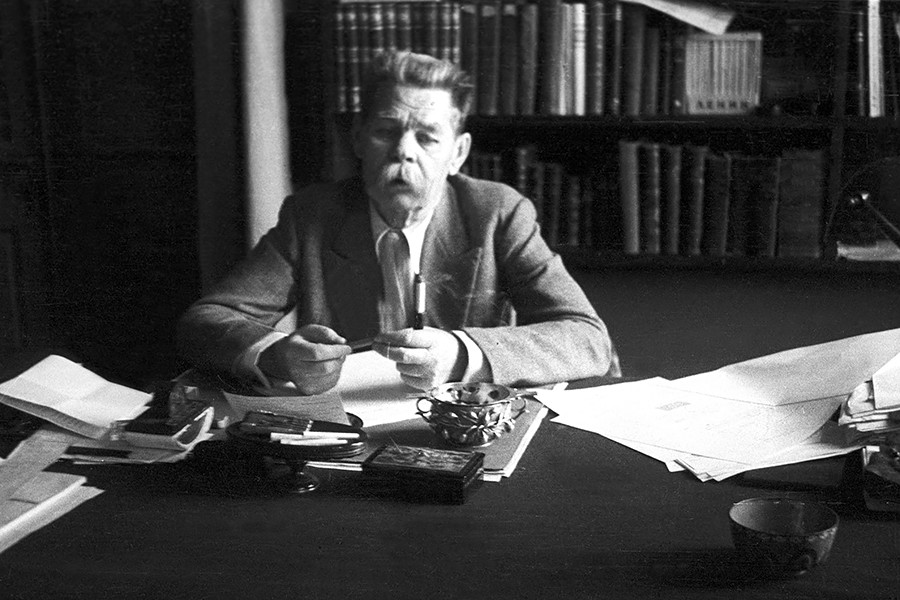
If using any of Russia Beyond's content, partly or in full, always provide an active hyperlink to the original material.
Subscribe
to our newsletter!
Get the week's best stories straight to your inbox